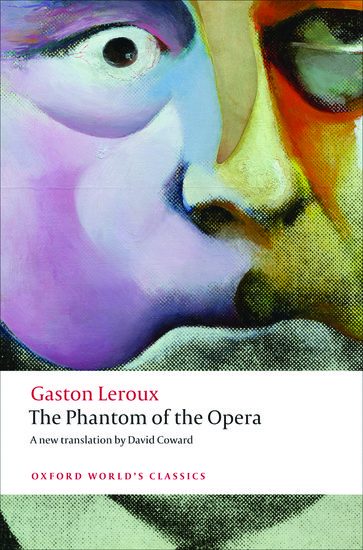Apollo’s Lyre
We’re celebrating World Theatre Day with an excerpt from Gaston Leroux’s masterpiece The Phantom of the Opera. A mysterious Phantom haunts the depths of the Paris Opera House where he has fallen passionately in love with the beautiful singer Christine Daaé. Under his guidance her singing rises to new heights and she is triumphantly acclaimed. […]














